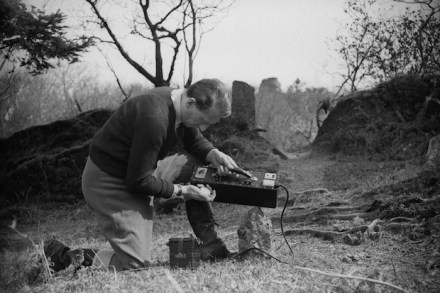‘A public urinal where ministers and officials queued up to leak’
More from BooksAnyone brought up as I was in a Daily Express household in the 1950s — there were approaching 11 million of us readers — knew the writings of Chapman Pincher. His frequent scoops, mostly defence- or intelligence-related, sometimes political, scientific or medical, were unusually well-sourced and headline-grabbing. Now, aged 100, he has written his autobiography.





























